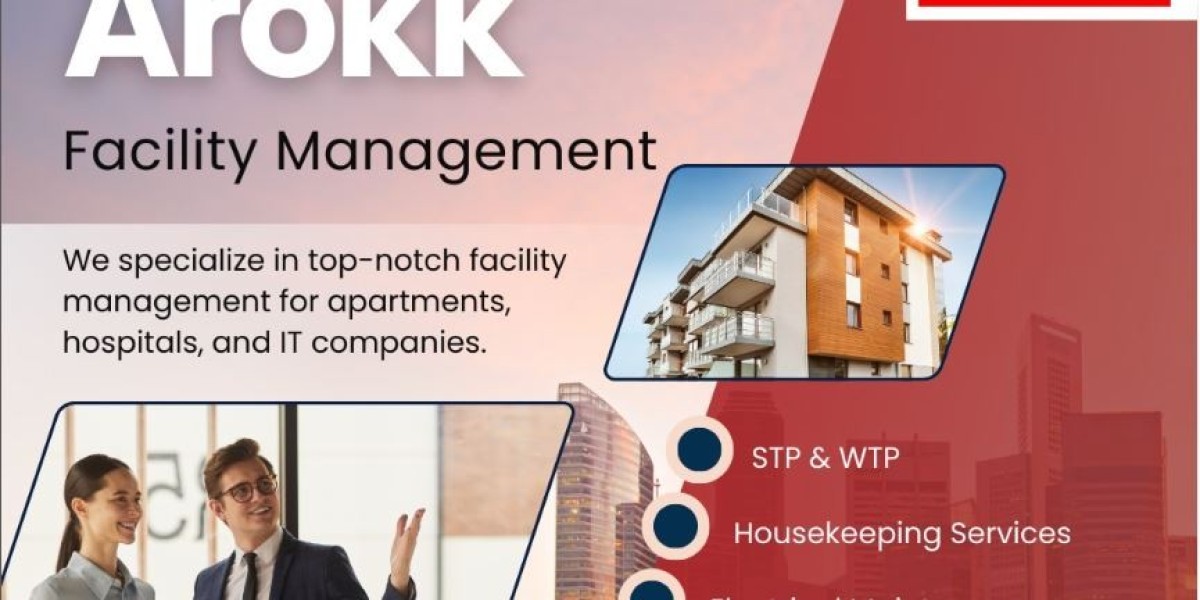Sustainable industrial construction is increasingly becoming a priority as industries seek to reduce their environmental impact while maintaining operational efficiency. Mechanical, Electrical, and Plumbing (MEP) contractors play a crucial role in achieving these sustainability goals. Their expertise in integrating advanced technologies and sustainable practices ensures that industrial facilities operate efficiently and responsibly. In this context, the contributions of MEP contractors to sustainable construction practices are indispensable.
- Designing Energy-Efficient Systems
One of the primary roles of MEP contractors in sustainable industrial construction is the design and implementation of energy-efficient systems. By incorporating renewable energy sources such as solar panels, wind turbines, and geothermal systems, MEP contractors help reduce a facility's reliance on non-renewable energy. Additionally, they integrate energy-efficient HVAC systems, lighting, and electrical components that minimize energy consumption. This not only reduces operational costs but also significantly lowers the facility’s carbon footprint, contributing to broader environmental sustainability goals.
- Implementing Water Conservation Measures
Water conservation is another critical aspect of sustainable industrial construction. MEP contractors are responsible for designing plumbing systems that minimize water usage and waste. This includes the installation of low-flow fixtures, water-efficient irrigation systems, and advanced water recycling technologies. Moreover, the incorporation of sewage waste water treatment systems allows industrial facilities to treat and reuse wastewater, thereby reducing the demand for fresh water and mitigating the environmental impact of wastewater discharge.
- Enhancing Indoor Environmental Quality
Maintaining a healthy indoor environment is vital for the well-being of employees and the overall sustainability of a facility. MEP contractors achieve this by integrating advanced air filtration and ventilation systems that ensure optimal indoor air quality. These systems reduce the presence of pollutants, allergens, and volatile organic compounds (VOCs), creating a healthier and more productive work environment. High-quality indoor air not only supports employee health but also aligns with sustainability objectives by promoting long-term operational efficiency.
- Facilitating Facility Asset Management
Effective facility asset management is essential for the sustainability of industrial operations. MEP contractors play a key role in this by ensuring that all mechanical, electrical, and plumbing systems are properly maintained and optimized. Regular maintenance and timely upgrades of these systems extend their lifespan and enhance their performance, leading to reduced energy consumption and lower operational costs. By implementing smart building technologies and predictive maintenance strategies, MEP contractors help industrial facilities achieve efficient asset management and sustainability.
- Integrating Building Management Systems (BMS)
The integration of Building Management Systems (BMS) is a critical component of sustainable industrial construction. BMS platforms allow for centralized monitoring and control of all building systems, including HVAC, lighting, security, and plumbing. MEP contractors are responsible for designing and implementing these systems to ensure seamless integration and optimal performance. Through real-time data analysis and automation, BMS platforms enhance energy efficiency, reduce waste, and support sustainable operations.
Conclusion
MEP contractors are integral to the success of sustainable industrial construction projects. Their expertise in designing and implementing energy-efficient systems, water conservation measures, and advanced facility asset management strategies ensures that industrial facilities operate sustainably and efficiently. By integrating cutting-edge technologies and sustainable practices, MEP contractors not only contribute to the environmental sustainability of industrial operations but also enhance their overall performance and longevity.
As industries continue to prioritize sustainability, the role of MEP contractors in achieving these goals will become increasingly vital. Their contributions to the design, implementation, and maintenance of sustainable systems are essential for creating industrial facilities that are both environmentally responsible and economically viable.








